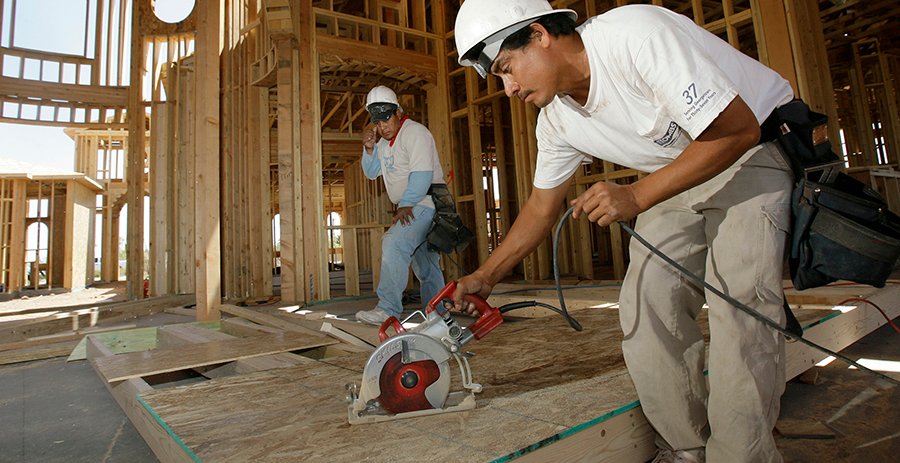budget
Arizona Faces Urgent Need to Revive Low-Income Housing Tax Credit

This year marks a critical juncture for Arizona’s Low Income Housing Tax Credit policy, a program designed to boost affordable housing developments. Instituted early in this decade, the initiative has incentivized developers to create much-needed residential units for low-income workers and seniors.
Over the past four years, its impact has been significant, leading to new housing projects across both urban and rural landscapes. However, the policy faces expiration unless lawmakers act swiftly. Ongoing budget negotiations may provide an opportunity for its extension, underscoring its value over the short term.
Developers across the state have praised the program’s effectiveness. The initial legislation, supported by Sen. David Gowan, ensured rural areas also benefited from these housing projects. Remarkably, funds are only disbursed after units are built and occupied, allowing for economic stimulation without immediate state expenditure.
A study by economist Elliott D. Pollack & Co. has revealed that developments utilizing the tax credit generated approximately $750 million in economic activity and over 4,500 construction jobs. During a recent bipartisan housing caucus event, attendees witnessed success stories that owe their existence to this vital policy.
For example, Gorman & Co. transformed a dilapidated school in Globe into a senior living complex, featuring amenities like an indoor walking track. President Brian Swanton emphasized the challenge of financing such projects: “You can’t get a loan. The cost of the loan is more than you are getting from the rents.”
Another notable project, Centerline on Glendale, comprises 368 units across 13 acres. Gorman utilized $20 million in tax credits, which will be offset by $30 million in collected taxes over the first decade of occupancy. The development also includes a commercial kitchen aimed at nurturing small businesses.
Financing for low-income housing remains precarious, as rent limits often tie directly to local median income levels. Without this tax credit and similar programs, many projects would remain unactualized. Thanks to the policy, successful developments such as Centerline and Hill Street School now provide homes for hundreds.
As lawmakers consider the future of the Low Income Housing Tax Credit, it’s clear that its role in addressing Arizona’s affordable housing crisis is crucial. While one piece of legislation won’t resolve all issues, the benefits seen in just four years highlight the importance of continuing this program. The call for renewal is not just a plea for funding; it’s imperative for the well-being of countless Arizonans.
Reid Butler is the owner of Butler Housing Company, Inc. and co-chair of the Arizona Multihousing Association Developer SubCommittee.


















